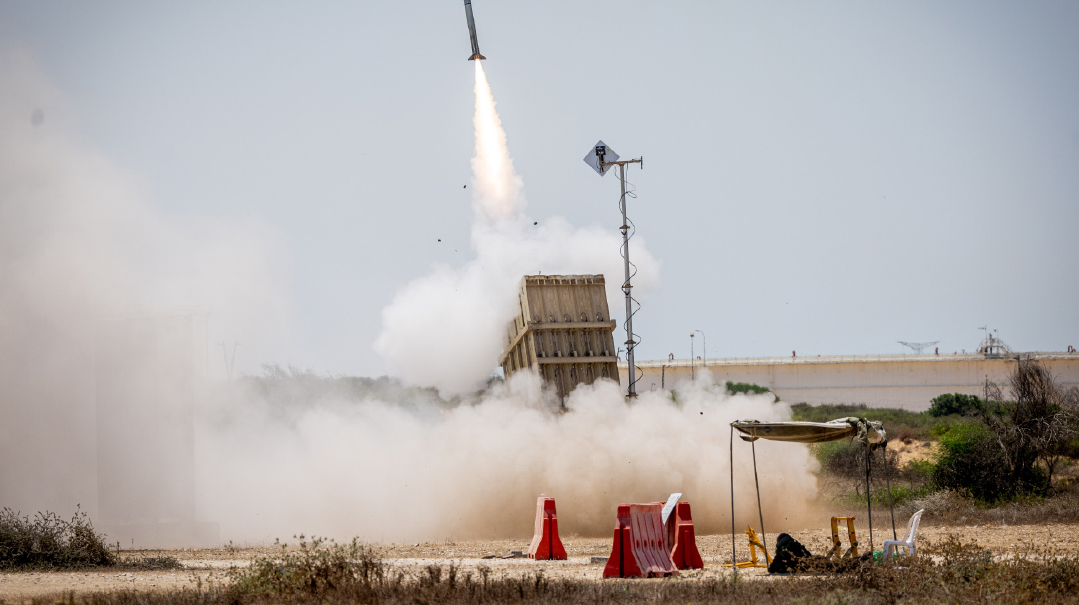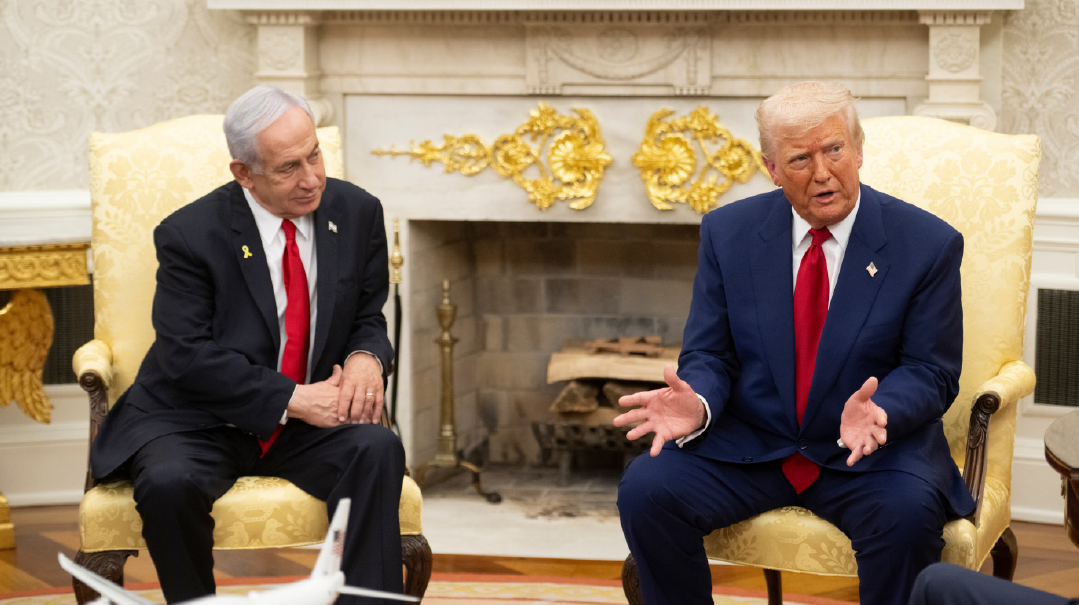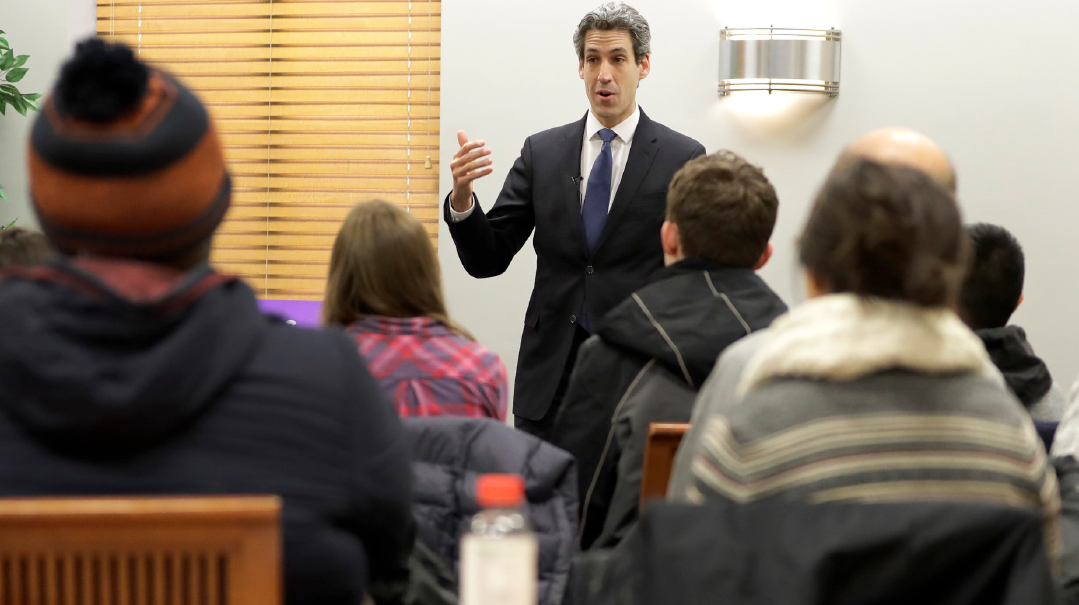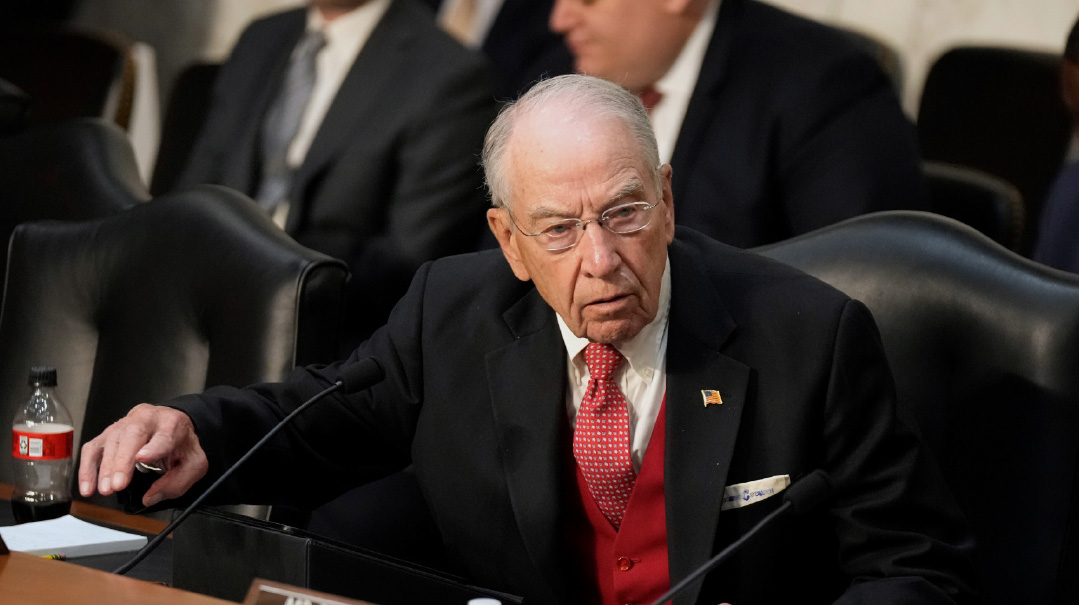Let Freedom Tweet

Does Elon Musk’s billionaire buyout give new license to hate speech?
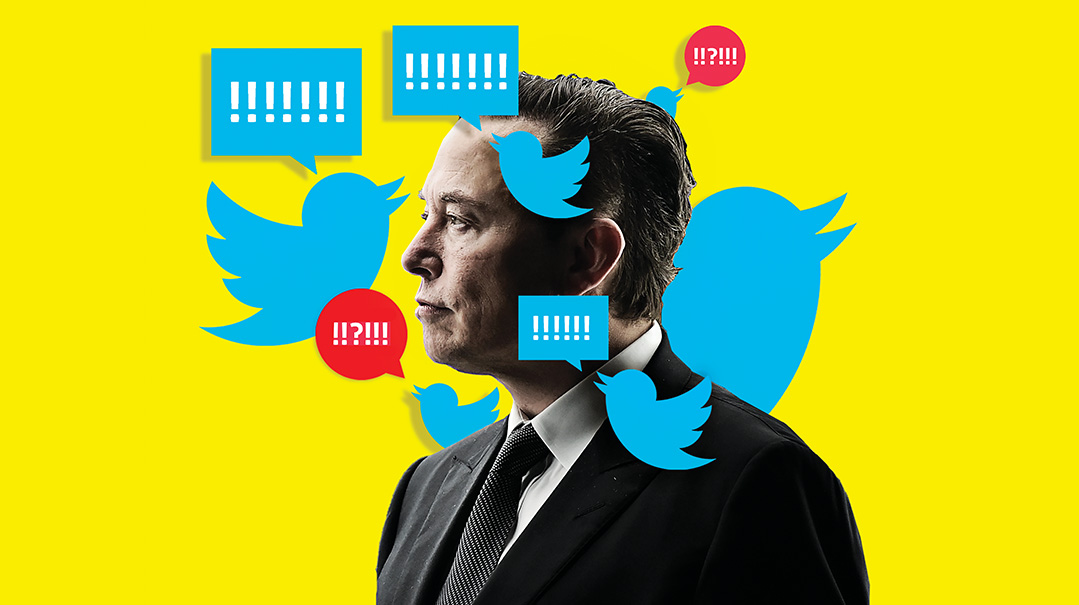
IN 2013, Amazon boss Jeff Bezos bought the Washington Post, and the world yawned. In 2017, Lauren Powell Jobs — billionaire heiress to deceased husband Steve’s Apple fortune — bought the Atlantic, an influential liberal magazine, and the earth continued rotating. In 2018, Salesforce founder Marc Benioff bought Time magazine, and life went on.
But when fellow Silicon Valley revolutionary Elon Musk moved to buy Twitter — a company he terms a “digital town square” — last month in a deal worth $44 billion, he might as well have invaded Ukraine, judging by the frenzy of liberal opposition.
“This deal is dangerous for our democracy. Billionaires like Elon Musk play by a different set of rules than everyone else, accumulating power for their own gain,” tweeted Massachusetts senator Elizabeth Warren, in what was representative of the genre.
“What exactly does Musk believe can’t be said on the platform right now?” asked one New York Times op-ed. “It certainly doesn’t take long to find discredited race science, arguments that women are intellectually inferior, anti-Semitism… It is easy to assume that the banned speech that Mr. Musk is standing up for is even worse than that.”
As usual, it was the multibillionaire himself who responded most aptly.
“The extreme antibody reaction from those who fear free speech says it all,” he tweeted. “By ‘free speech,’ I simply mean that which matches the law. I am against censorship that goes far beyond the law. If people want less free speech, they will ask government to pass laws to that effect.”
The deafening response to Musk’s move is partly a result of the tycoon’s wealth and public profile.
Already the world’s richest man since building companies including Tesla and SpaceX, which have revolutionized the car and space-travel industries, the maverick mogul is courted by world leaders and has intervened on behalf of Ukraine, to prop up its Internet service after the Russian invasion.
But the volume of debate that Twitter’s new owner has unleashed is down to the deep discomfort that social media engenders. Conservatives say that they’re muzzled by social media companies (part of a larger bogeyman they label “big tech”) intent on promoting a set of orthodoxies. Liberals, in turn, claim that the outlets have become conduits of disinformation, incitement, and hatred that threaten democracy, and must be far more rigorously policed. Almost all agree that the site is toxic.
Even as the Orthodox Jewish world aligns ever more fully with the conservative political world, a wariness to the kind of “free speech absolutism” that Musk envisions and that is typical of the political right, remains.
“In principle, I am a free speech proponent, but not at all costs,” says Agudath Israel trustee Chaskel Bennett. “The fact is anti-Semites effectively use social media’s blue wall of anonymity to weaponize their poison. That’s not free speech, that’s abuse of freedom. Trolling behind an anonymous account emboldens the lowest form of humanity. They say the Internet is forever.”
Tweetstorm
Twitter’s position in the eye of the storm stems from the fact that since its founding in 2006, it’s come to differentiate itself from other social media companies as the platform on which journalists, politicians, and celebrities slug it out in public.
This came to a head during the presidency of Donald Trump, who viewed Twitter as a way of reaching the electorate over the heads of a hostile media, on a network in which the expression of the most complex ideas is limited to 280 characters.
But as it became more mainstream, a difficult question arose: Is Twitter (or for that matter Facebook and all other social media platforms) responsible for the content posted on it, or is it just the platform? If a user libels someone, does the responsibility fall on the platform or on the person who posted the message?
For years the social media giants insisted, “We’re just a platform, we have no responsibility for what’s posted.” But gradually, a series of court decisions in various parts of the world, especially the EU, has placed more and more responsibility on corporations for the content published on their sites, especially with regard to racism and incitement. The problem is that in a politically divided world, no one can seem to agree what exactly constitutes racism or incitement.
This goes to the heart of the company’s problem. Because if Twitter decides to take action and censor what it considers inappropriate content, then any involvement will be greeted with cheers by one side and outrage by the other.
The company has done itself no favors by its selective enforcement. For example, it has hosted the likes of Iran’s Supreme Leader Ali Khamenei and former president Mahmoud Ahmadinejad, as well as Nation of Islam leader Louis Farrakhan, allowing them considerable leeway on statements widely condemned as anti-Israel or anti-Semitic.
On the other hand, Twitter has suspended the accounts of former KKK leader David Duke, controversial Congresswoman Marjorie Taylor Greene, and Trump administration figure Steve Bannon. (The platform also famously banned the former president himself after the January 6 riots at the Capitol.)
“I think the issue is that when a media platform censors one side over the other, in that case, what they’re doing is they’re essentially endorsing the hate and the incitement to violence of the side they aren’t censoring,” says Rabbi Yaacov Behrman, Crown Heights leader and Chabad activist. “I also have an issue when media platforms censor political views, Even though they may have a legal right to do it, it’s un-American and undemocratic.”
Political Activism
But while political adversaries trade charges over who should be banned from Twitter, it was the platform’s suppression of a news story a year and a half ago that brought the free speech question to the fore.
It was three weeks before the 2020 presidential elections when an American tabloid dropped a bomb on the race, claiming that a laptop belonging to candidate Joe Biden’s son Hunter linked the latter to shady dealings in Ukraine.
The bomb failed to explode. Within hours the story — which threatened the Democratic candidate — had been discredited as Russian disinformation by mainstream media outlets, and first suppressed then blocked by social media companies.
Eighteen months later, that bomb has belatedly gone off: The New York Times and Washington Post have now verified the story, and the Justice Department has opened an investigation.
As Elon Musk moved to buy Twitter, the impetus, he tweeted, was to make the social media service a more honest broker. “Suspending the Twitter account of a major news organization for publishing a truthful story was obviously incredibly inappropriate,” he tweeted on April 26.
Add to this the fact that the company has struggled to generate profits, and the stock market slump, and you get a company that’s at a crossroads both financially and in terms of how it’s run.
Rocket Man
Into this maelstrom stepped the richest man in the world, Elon Musk.
The eccentric 50-year-old billionaire was born in South Africa to a Canadian mother and South African father, and was raised in Pretoria. Despite the Israeli-sounding name, Musk has no Jewish heritage. After moving to the US and completing his studies in physics and economics at the University of Pennsylvania, he embarked on an impressive entrepreneurial career, in the course of which he pulled off several profitable exits on companies he founded, including one that would later become PayPal.
But his two trademark projects are of course Tesla and SpaceX. Tesla, which launched the electric vehicle revolution, transformed battery-powered cars from a nerdy gimmick originating in Silicon Valley to a real cultural phenomenon, cool, futuristic, and synonymous with luxury. SpaceX, which launched one of Musk’s cars into orbit, has upended the space industry, usurping the role of NASA and state agencies in the process.
In the tech industry that is likely the most dynamic part of the US economy, Musk is now by far the most high-profile figure. There’s something of the “robber baron” about his modus operandi. Like the industrialists who built America’s great manufacturing and financial industries in the 19th and early 20th centuries, Musk has built huge industries from nothing, scaling massively using first mover’s advantage and waiting for legislation to catch up.
“I think that Elon Musk is similar to Donald Trump in that he polarizes, and has a highly loyal following,” Peter A. Gloor, research scientist at the Center for Collective Intelligence at MIT’s Sloan School of Management, told Mishpacha. “Other than Donald Trump, Elon Musk’s business track record is extremely impressive, so there is a real likelihood that he will succeed here also.”
As a result of all this, Musk has accumulated legions of fans. He’s become a man who can send a stock or cryptocurrency skyrocketing or plummeting with a single tweet, as for example dogecoin, a cryptocurrency that started as a joke but surged by hundreds of percentage points after Musk revealed that he’s invested in it.
He’s also considered a very direct and accessible person, regularly interacting with users online. When Musk came out in favor of the trend of people deleting their Facebook accounts in 2018, a random user asked him why his companies were still on the site. He replied that he hadn’t realized this and that the accounts would be deleted in short order.
With 90 million followers on Twitter, Musk is a heavy user and longtime fan of the site. Just last month he purchased a 9% share in the company, and shortly thereafter began entertaining the idea of buying up the whole company. He’s made no secret of his discontent with Twitter’s current censorship policy and promised to relax the restrictions on free speech if he did buy the company.
And in fairness to his recent liberal detractors, his once-ambiguous politics are coming into clearer view. One recent tweet of his lampooned the left’s shift to extremism.
In another tweet he wrote: “For Twitter to deserve public trust, it must be politically neutral, which effectively means upsetting the far right and the far left equally.”
How Free Should Speech Be?
Musk’s comments on free speech have awakened a debate in the Jewish community, which has always suffered from hatred and anti-Semitism on the Internet. Some fear that more freedom of expression means more bigotry with less accountability. Conversely, some believe that it isn’t Twitter’s role to police the conversation.
“Free speech is a basic human right,” says Rabbi Yaacov Behrman. “It’s one of the greatest freedoms we enjoy as Americans, but Twitter is a private platform. One does not have a legal right to free speech on a private platform. Just like if I have a megaphone, and you want to preach hate, I’m not required to give you that megaphone.”
And holding one of the biggest megaphones, Twitter bears an outsized responsibility, Behrman asserts.
“I believe Twitter should be removing incitement to violence and hate,” he says. “They have a moral and ethical responsibility not to allow their platform to be used to incite violence or promote hate. But this responsibility applies to all sides.”
And therein lies the rub: How does one enforce such a policy evenhandedly? As noted above, Twitter has taken action against the likes of David Duke, but allowed Louis Farrakhan free rein.
Yossi Gestetner, co-founder of OJPAC (Orthodox Jewish Public Affairs Council), takes a classic conservative stance on the matter, advocating for less intervention. “The real worry that these ‘concerned entities’ have is that Twitter will be less political and less anti-conservative compared to the last five years,” he said. “This is what this is all about. Having less control on the policy narrative.
“The downside with platforms or governments controlling speech is that many typed of speech can be packaged as ‘hate’ or ‘inciting violence’ as reasons to shut it down even if they are neither,” Gestetner adds. “It’s better for the public to reject language that’s unbecoming rather than having some unknown standard endorsed by government for what is good or bad.”
“It’s important to remember that speech freedom in the US means freedom from government interference only,” says Professor Joseph Russomanno, a legal scholar of the First Amendment at Arizona State University. “That’s why private companies like Twitter and Facebook can institute policies that have the effect of limiting speech.”
Professor Russomanno points out that Twitter is in the business of entertainment as well as political commentary. “How ‘maximum fun’ and ‘maximum freedom of speech’ are defined can be subjective,” he says. “Does ‘maximum fun’ also mean maximum freedom of speech? Or does fun mean users respect one another, which can mean that their speech freedom is curtailed, for example, in an effort to be fair? Does limiting information such as misinformation and defamatory falsehoods reduce fun and freedom? For some people, probably. But is that the right thing to do? Probably.”
Business Sense
Overshadowed in the whole kulturkampf has been another story: whether the deal makes business sense at all.
Given Twitter’s problems, will Musk, who is already (very) busy with Tesla and SpaceX, find time to run Twitter too?
“It is hard to truly understand what Musk is thinking with this purchase, but he must have a long-term vision that will increase the number of users and drive revenue from sources other than advertising,” says Nick Mattar, the associate director of marketing at the Wayne State Graduate School. “Twitter’s biggest problems as a business have been rooted in its long-term ability to generate revenue though means other than advertising. It is very difficult for businesses to use Twitter organically to drive business or leads. The reason people love Twitter — for free speech, fun anecdotes, and news and current events — is also the reason businesses struggle with it.
“I do not think Musk is the person to solve these issues, as I don’t believe anybody can truly fix it without fundamentally changing the way people use it. Twitter’s problems are not a result of leadership ineptitude. Rather, it is simply not constructed to be a massive revenue generator.”
Whether or not there is a business strategy behind all this, there aren’t many who are willing to write off Elon Musk’s latest venture. His track record of snatching victory from the jaws of commercial failure is the stuff of Silicon Valley legend. His detractors should bear in mind that for all the billions involved, Musk should be taken at face value when he says he’s serious about free speech.
For many in the Jewish community, free speech is important, but the opportunity to detoxify one of the primary highways of modern debate should not be missed.
“Daylight is the best disinfectant,” says the Agudah’s Chaskel Bennett. “Twitter should be the free exchange of ideas, not the stealth platform of choice for anonymous purveyors of hate.”
(Originally featured in Mishpacha, Issue 909)
Oops! We could not locate your form.

